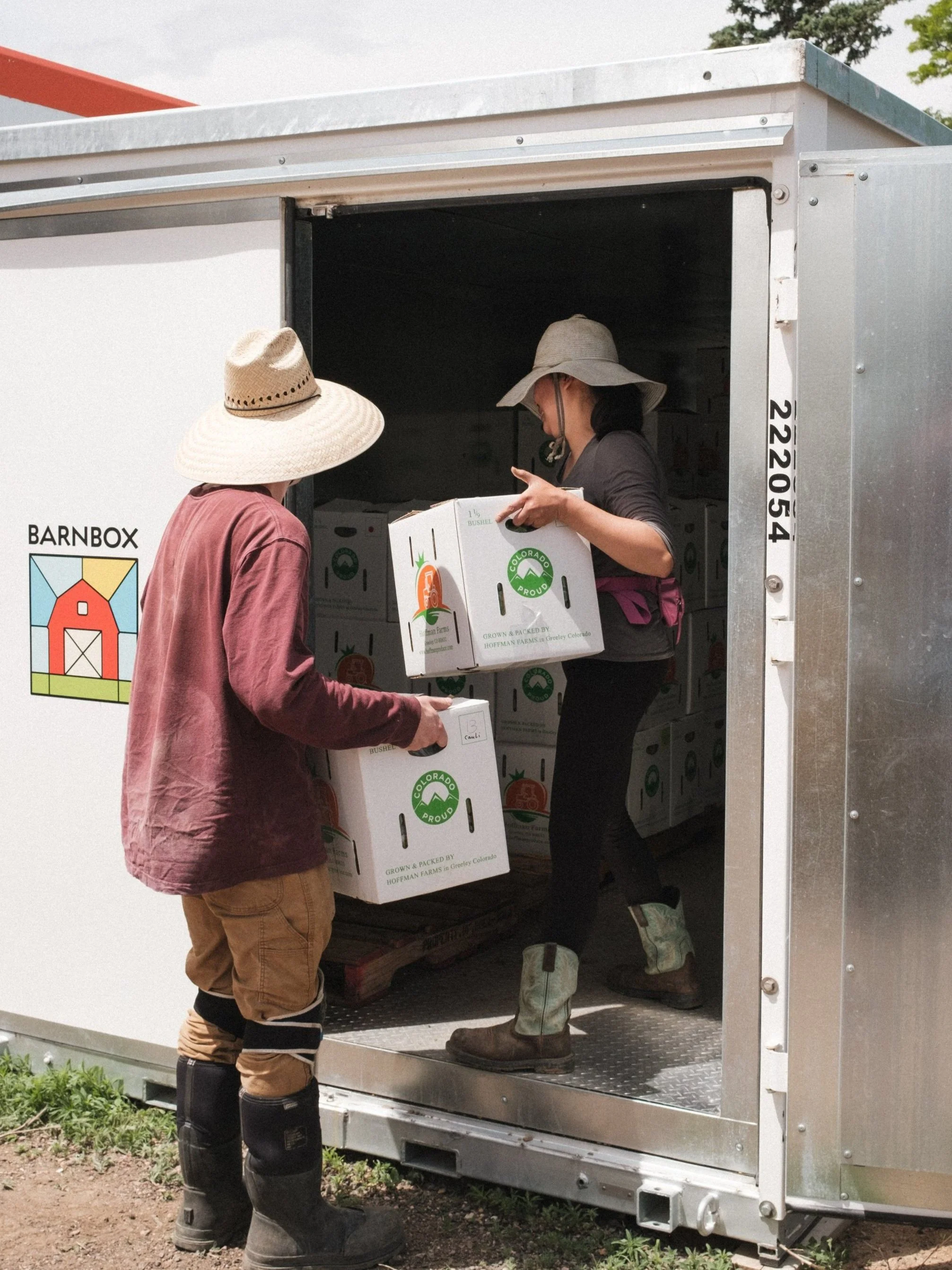Distributed Cold Storage as a Solution to Food Waste
A new study finds that improving refrigerated "cold chain" infrastructure in food supply chains has huge potential to reduce global food loss and associated greenhouse gas emissions.
A recent article, published in the journal Environmental Research Letters, highlights the importance of distributed cold storage options for smaller farming operations may be a solution for reducing food waste and resulting carbon emissions.
The researchers estimate poor cold chains may cause up to 620 million metric tons of annual food loss, equating to 1.8 gigatons of CO2 emissions. However, optimized cold chains could prevent over 100 million tons of fruit and vegetable losses and 700 million tons of emissions.
Importantly, the study also finds that developing more localized, small-scale "farm-to-table" supply chains could reduce food loss even more than cold chains for some foods, potentially saving over 250 million tons of root crops globally.
Lack of adequate refrigeration is a major driver of food losses, especially in developing regions. But investing in cold chain technology and regionalizing food systems presents an opportunity to dramatically improve food security while massively cutting emissions from wasted food.
HiveTech Solutions is working to make sustainable refrigeration more accessible to help stabilize food cold chains in existing and emerging markets. We are partnering with growers across the United States to integrate cold storage into their production process to reduce waste and increase efficiency.
Article information: Aaron Friedman-Heiman and Shelie A Miller. 2024. The impact of refrigeration on food losses and associated greenhouse gas emissions throughout the supply chain. Environ. Res. Lett. 19 064038





